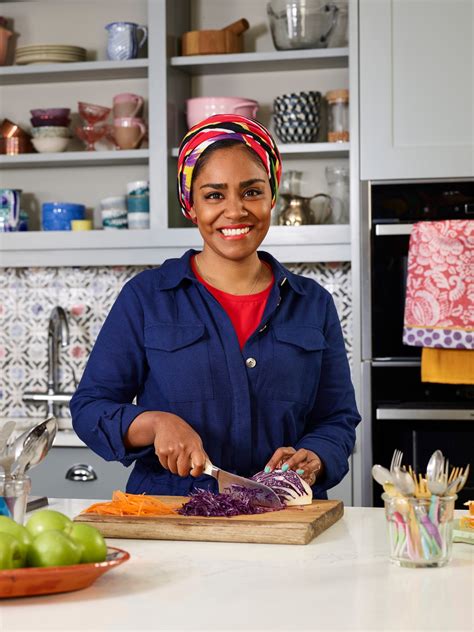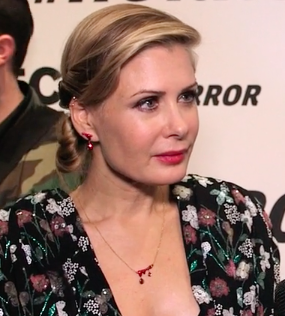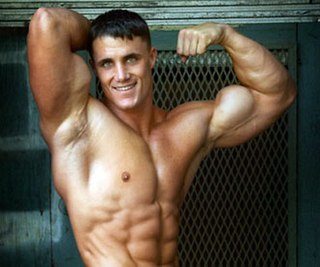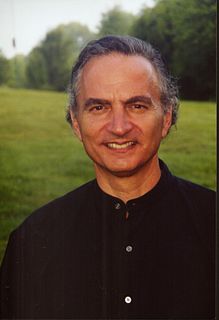A Quote by Nadiya Hussain
I do identify as a Muslim and I do identify as a Bangladeshi girl, I identify as British, as well, and a woman and I'm a woman of colour, and why am I ashamed of that? And I used to not want to talk about it. But that is me.
Related Quotes
I have been villainized because of my identity - I've received nasty blog comments and emails just based on my willingness to identify with feminism by people who clearly don't understand what I value and why I identify as a feminist. Ultimately, I'm less concerned with whether or not people identify as feminist and am more concerned with whether or not people understand what feminism is. If they don't want to identify as a feminist that's fine. I respect people's decision to identify any way they want and expect that same respect in return, although I don't always get it.
I think it's really important that women support each other. I've heard of a very successful female director saying she doesn't identify as being a feminist or a woman in Hollywood. And I understand that, but I feel so differently. It's so important to identify as a woman and have a voice, to understand that it's different from a male voice, and to understand the nuances that go into that. I love women. I think I'm a girl's girl. It's super important that we have a voice in the industry.
I could characterize nearly any spiritual practice as simply this: identify and quit, identify and quit, identify and quit. Identify the myriad forms of limitation and delusion we place upon ourselves, and muster the courage to quit each one. Little by little, deep inside us, the diamond shines, the eyes open, the dawn rises, we become what we already are.
A great director, first, is highly intelligent. And he is also a dedicated and willing to work hard. Now those are easy things to identify. The third is the creativity, and that is very difficult to identify in advance. This is why so many of the directors who have started with me were my assistant - the first one was Francis Ford Coppola.







































